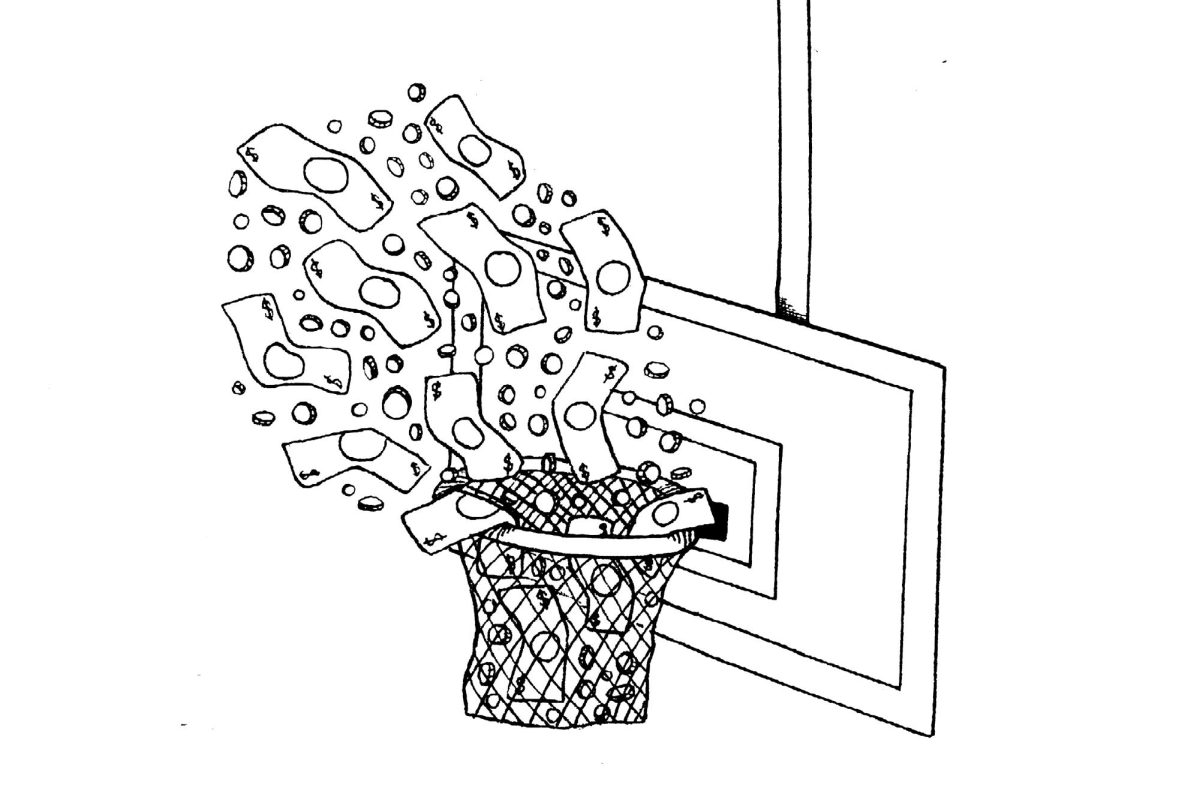GW can’t hang on to its top-level officials – or at least, that’s the way it looks.
So far this academic year, three officials have unexpectedly stepped down from their positions, beginning with Provost Steven Lerman in August. Then last month, Vice Provost for Diversity and Inclusion Terri Harris Reed announced she would be departing, too. And most recently, former Director of Mental Health Services Silvio Weisner resigned following the University’s realization that he was not licensed to practice as a psychologist in the District.
Including those three announcements, nine high-profile officials have suddenly resigned, left GW or changed positions since 2011. Though Weisner was a mid-level manager, he is included in this count because of the importance of MHS and because he played an essential role in running the department.
Of course, all of these officials left for individual reasons, and it’s impossible to lay blame on any one person or event. But regardless of the reasons officials have stepped down, such a high number of departures over the past four years indicates a clear lack of stability and leadership. It’s time for the University to get this turnover under control, and demonstrate a commitment to keeping its most important departments more stable – for everyone’s sake.
These aren’t insignificant losses. Academics, diversity and mental health are three essential components of student life at GW, and three areas officials have repeatedly said they will prioritize. Lerman and Reed are leaving in the middle of huge initiatives like the strategic plan and a long-term increase in diversity hiring, respectively. Weisner is stepping down following a crucial, ongoing push for more comprehensive mental health services on campus.
“We have been fortunate in recruiting talented leaders who have greatly contributed to the University’s advancement,” University President Steven Knapp said in an email. “Of course, turnover happens in any organization. When a University leader leaves to take a new position or for whatever other reason, we identify an interim successor to ensure continuity.”
Knapp is right in that turnover is normal at any school – no official will stay forever, and it’s not common to stay for decades either. People change their minds or want to try out new roles or schools. And sometimes, it isn’t their choice to leave. But just because it’s bound to happen doesn’t make it any easier.
Turnover in such visible, important areas is a huge drain on GW’s resources. It takes time and effort to undergo one national search to fill a position, let alone three at once. In the meantime, current officials are overburdened with extra responsibilities, or abandon their old positions to fill in for a while. And even when someone new has been chosen, they have to be trained and given adequate time to adjust to life at GW.
Weisner’s sudden resignation has hit the hardest. Given that he steered our campus through a difficult time after three student suicides in close succession in 2014, it’s deplorable that problems with his license weren’t dealt with sooner. He let students down by ignoring his invalid D.C. license, and University officials obviously should have kept a closer eye on the situation.
But Reed and Lerman’s departures don’t feel good, either – none of this turnover does. For students, it’s disappointing to get excited about officials’ plans and initiatives, only to see them leave before those plans come to fruition. And following years of admissions scandals, calls for more diversity on campus and a suicide cluster, these three departures may leave students feeling particularly vulnerable.
From every angle, this looks bad. When it comes to public relations, prospective students’ concerns and GW’s fundraising efforts, big resignations like these are not conducive to a positive reputation. And high-level turnover can’t be hidden easily – anyone can find out through a simple Google search.
While many potential students will consider things like ranking, acceptance rate and financial aid while choosing a school, others have more specific concerns. A lack of strong leadership in areas like mental health and diversity are understandable reasons to cross a school off a list, or at least put it toward the bottom.
And since GW is trying to finish off its fundraising campaign, officials also need to consider alumni perspectives. This academic year started with news that GW would likely reach its $1 billion goal early, but given turnover, many prospective alumni donors – or any donors for that matter ‒ may now be more hesitant.
What’s even more concerning is how potential applicants to the vacant positions may feel. Even though the circumstances surrounding each official’s departure are very different, the fact that they’re leaving at all might throw off a candidate who is considering one of those areas, or any part of the University. They may have concerns about GW’s work environment, their own job security or how much work they could be asked to take on.
The University needs to make sure it’s recruiting top talent – people who have been in the game for a long time and know how to run a high priority office or department. Those people probably aren’t out looking for a “fixer-upper,” like an office whose leader left in the middle of a major project, or a department that has quickly cycled through leaders. In all likelihood, the most qualified candidates are looking for a good work environment and a stable office.
Ultimately, this is a problem that only Knapp and GW’s remaining officials can tackle. They understand best what the problems may be, and hopefully, they’re already working to identify any trends that may exist.
The editorial board is composed of Hatchet staff members and operates separately from the newsroom. This week’s piece was written by opinions editor Sarah Blugis and contributing opinions editor Melissa Holzberg, based on discussions with managing director Rachel Smilan-Goldstein, sports editor Nora Princiotti, senior design assistant Samantha LaFrance and copy editor Brandon Lee.
Want to respond to this piece? Submit a letter to the editor.





